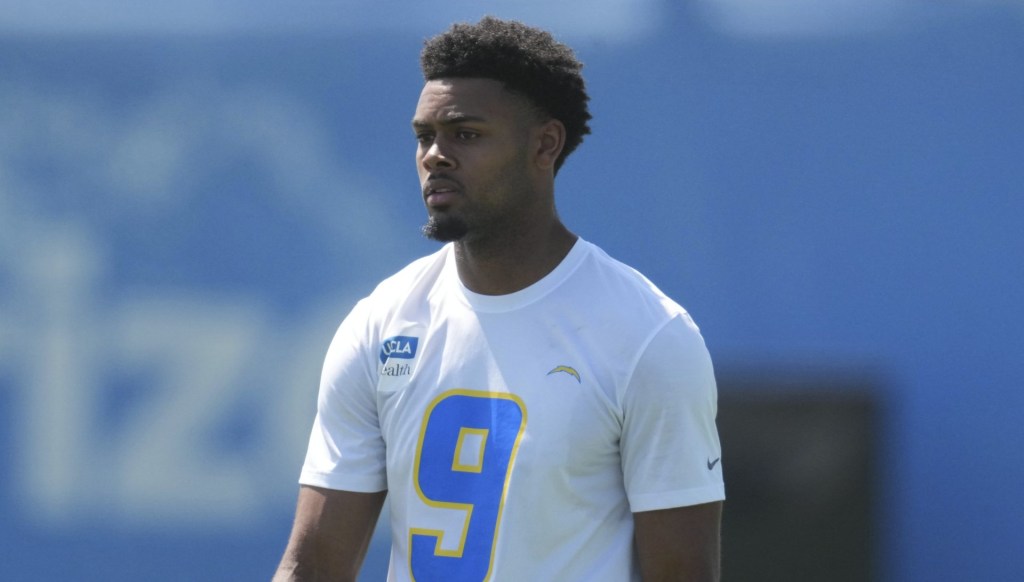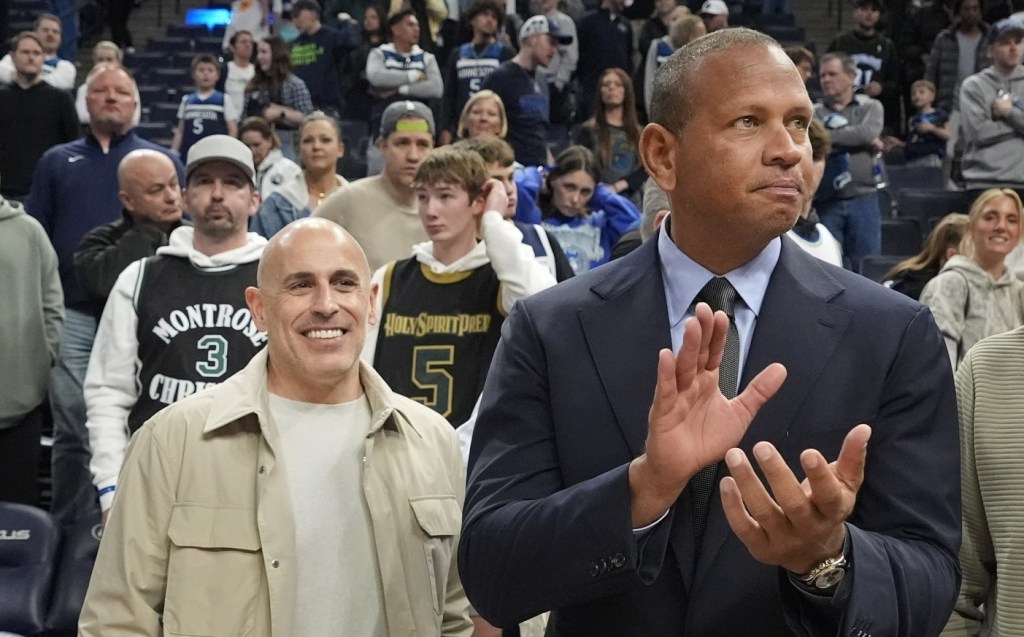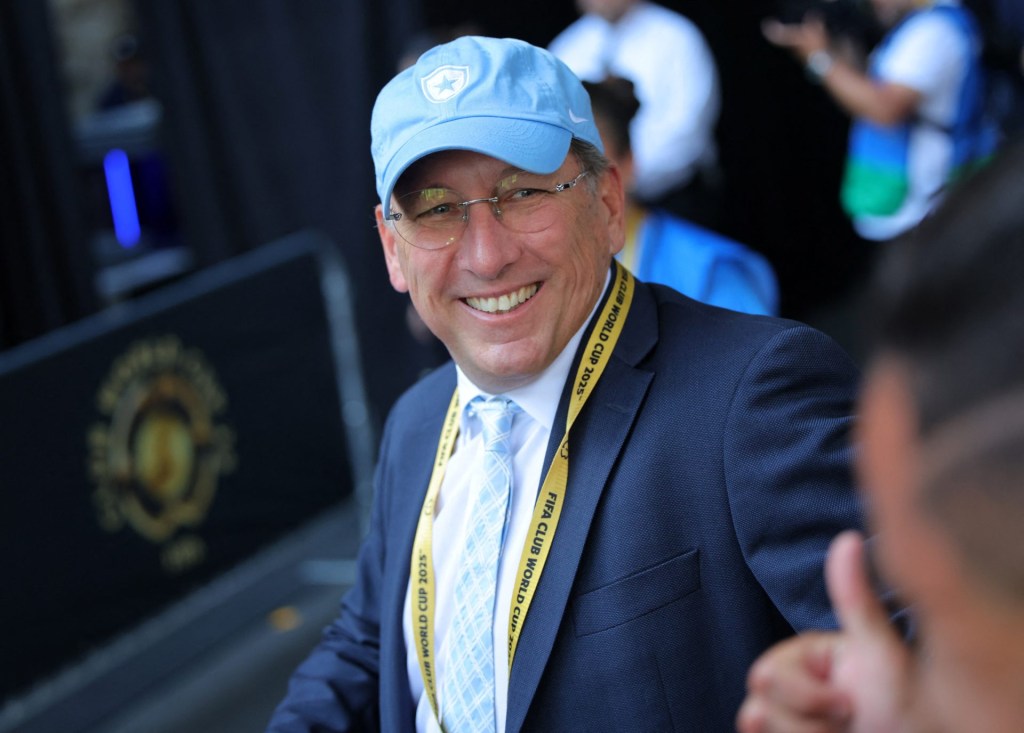By: Adam White, @FOSAdam
Front Office Sports is proud to have sat down with Alicia Jessop, Founder of RulingSports.com, and Sports Contributor for both Forbes.com and the Huffington Post, Director of Media Relations for Sportsdigita, and Assistant Professor at the University of Miami. She is an alumna of the Colorado School of Mines where she graduated with her Bachelor’s in Economics. After that, she went on to receive her Juris Doctor from Chapman University, School of Law. She was gracious enough to sit down with us and offer up her insight on what it is like being a female professional in sports, how she manages her day and still is able to be successful and social at the same time, and what “playing nice in the sandbox means.”
What were your previous positions prior to your current position?
In law school, I worked at the Screen Actors Guild so I got to know Labor Law pretty well. I also worked for Warner/Chappell where I helped draft contracts and deal with negotiations for artists such as Katy Perry, T.I. and Lil Wayne.
After I graduated Law School, I practiced corporate law in Orange County where I represented Fortune 500 companies and helped them with their contractual issues. While I was grateful for the opportunity, I was miserable. In Law School, I didn’t focus on sports because I thought all you could do was be an agent, so I didn’t even pursue it.
In 2011, I started RulingSports.com which is a sports law website. I was fortunate enough that the NBA locked out that same day. I had a ton of traffic on my site and booked my first radio interview.
I started working for Forbes in June of 2012 when they contacted me and asked me if I wanted to write for them. I started writing for the Huffington Post in January 2013. In August of 2013, I was hired by the University of Miami and in November of 2013 I started working for Sportsdigita.
What is the average day like for a person in your position as a professor, website owner and contributor for two top news and business outlets?
I can’t believe I get paid to do any of this! Every day I get in my car and go have fun! I teach people about sports, I get to work in sports and I get to learn from some of the greatest mentors and talk to and visit some of the greatest sports franchises. The days are long and no days are the same. I wake up between 5:30 and 6:00 a.m. and get to campus. Throughout the day, I have interviews, research for the stories I’m writing, writing and editing a story, building lesson plans, grading papers, doing social media for Sportsdigita. I am done by 6:00 p.m. You have to have a work-life balance!
What is your favorite part about working in the sports industry?
I get to do really cool things. I love the stories behind the game. I love the backstory. Because of what I do for Forbes, I get to hear that backstory. I remember in 2006 I watched Dwayne Wade win the championship and I thought to myself “man he is so cool” and now I can call the Heat office and speak personally with him. I can go into the locker room and talk to him. My favorite thing is telling the stories. I love being able to pick and choose the stories I tell.
What is your ultimate career goal?
This is something I’ve been battling with. I kind of feel like I have reached my ultimate career goal. I love teaching at the University of Miami. I have awesome co-workers, I teach very intelligent students, and I get to stand up and talk about what I’m most passionate about what I love and get a paycheck. My ultimate goal is to own my own business, keep publishing and writing and to keep my job at the University of Miami.
How important is networking in your eyes?
Networking is huge, but you have to be strategic about it. You cannot just go around at an event and shake a few hands. You have to build a relationship with a person. It’s more than following up sporadically it is all about finding common ground with someone. You have to make a lasting impression. Find a list of who is going to be at the networking event and pick two or three people to talk to and build a relationship.
What is the best career advice you’ve been given so far?
The best career advice I have received is from my boss at the City Attorney’s office where I interned in college and worked after college. He told me to “play nice in the sandbox.”
My first day on the job he told me that “he didn’t care how many cases I won as long as I played nice in the sandbox.” What he meant by that was that he wanted me to make sure I treated everyone from my co-workers to the opposing counsel with respect. That is the most crucial piece of advice you can have in the sports industry, because sports is a small circle and everybody knows everybody, so if you’re not respectful, people will find out.
What is it like being a female in a very male dominated industry? Was it harder or easier to find a job? What are some of your tips for women trying to break into the sports industry?
Going to an engineering school helped me a lot. Where I was, 77% of my classmates were men, so I had to get used to it real quick. I experienced more gender discrimination in the legal world than I have in the sports world. As long as young women carry themselves with pride and aren’t only entering this industry to meet and date athletes, they will be respected. If a young woman behaves and acts professionally and is knowledgeable about business and the sport you’re working for, she will be fine. I have so many male mentors in sports. It’s welcomed and championed to be a woman in sports.
Who is someone you have looked up to in the sports industry and why?
When I was growing up, it was my dad. He taught me a lot about sports. I have great mentors now especially at the University of Miami. One of my closest mentors is Dr. Dees. She’s a great professional, we are very likeminded and we are both women in sports and academia.
In the media world, there are two people Kristi Dosh and Bonny Bernstein. Kristi helped me grow my media profile and brand by allowing me to write for her website at the time businessofcollegesports.com.
Bonnie has been a great mentor to me, she’ll call me to leave me words of encouragement and ideas.
David Cohen is an awesome mentor because he taught me how to behave in sports and understand the law.
Kelli Masters is an NFL agent and a near and dear friend. She is a good person to look to when I need advice. We have similar lives with traveling and everything. It is nice to have someone who can relate to you.
If you had to hire someone today, what is one thing you look for on a resume/application?
I’m looking for someone who provides value and commitment. Value is going to be different depending on what kind of job it is. For example, if I was hiring someone for a media position, I would want them to have experience in writing, but I would also want them to bring value in their understanding of how to get connections, to contact sources or teach me something. I would want someone who could fill a skill or gap that I don’t have. I think the most successful people are ones who can hire people who are better than themselves. You need people who buy into your mission and tell you how they will make it better.
















